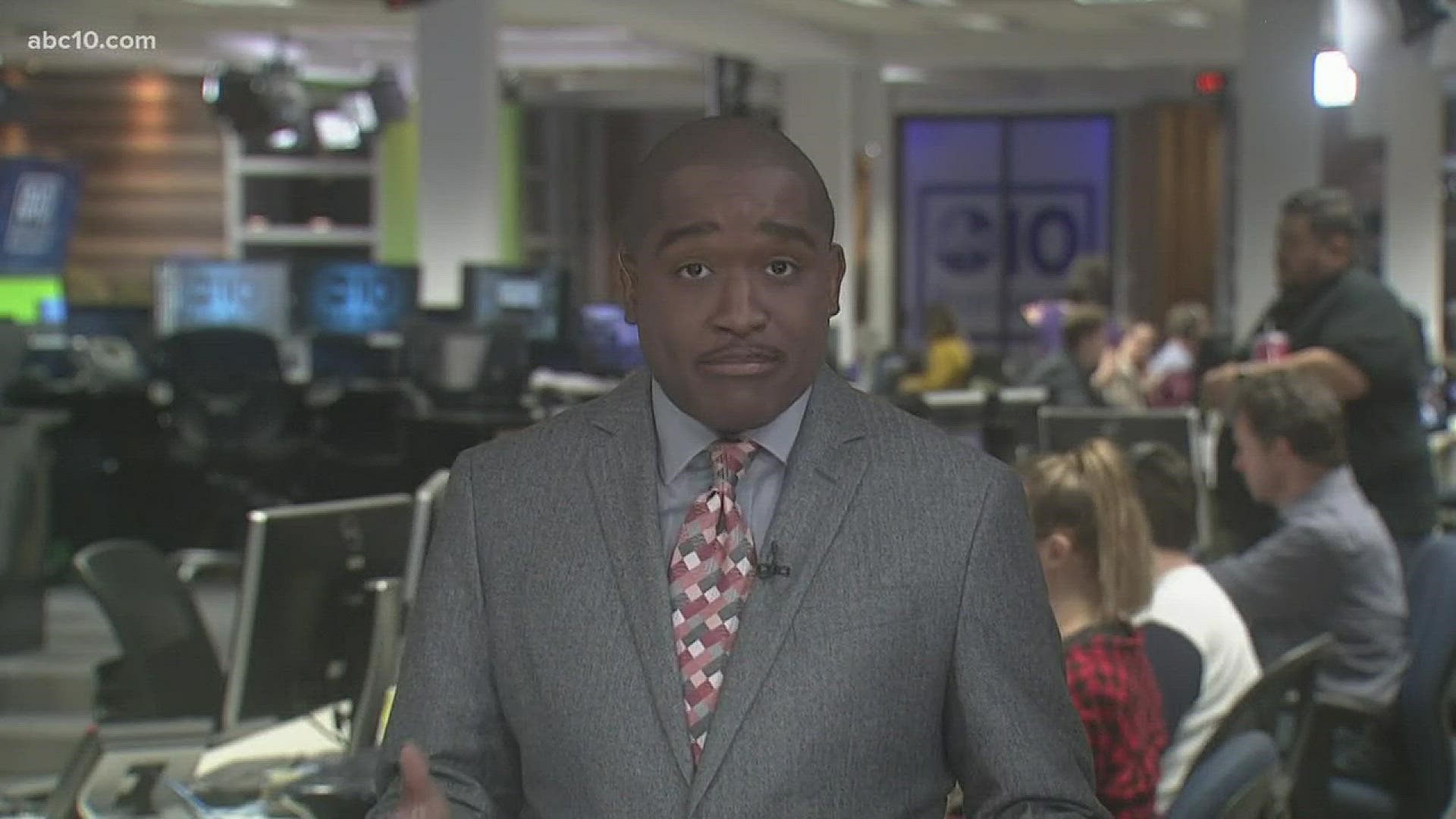On Saturday, members of Black Lives Matter (BLM) gathered outside Solfire Yoga in Midtown Sacramento, calling out the yoga studio for offering a rap-yoga class.
Tanya Faison, the founder of the Sacramento BLM chapter, said a rap-yoga class was "culturally appropriating black culture to profit."
But some others in the black community felt it was overreaching.
"When this came to my attention, my cousin called me and said, 'your uncle's going through something,'" said Cory Jackson, co-founder of 916 Hollywood Initiative, which is currently producing a docu-series centered around violence in mostly black communities.
Jackson's uncle Dwight Armstrong is a yoga instructor at the studio. Jackson shared his opinion on Facebook and many people agreed.
But, Faison stands by her group's decisions.
"They keep making it about playing rap music in a yoga studio. And that’s not what it is. If I go to a yoga class, I would love to hear rap music. I don't care who the teacher is," said Faison. "But it's taking the culture of an oppressed [group] of people."
Faison said this isn't the first time they have gone back and forth with the studio's owners and that they canceled the class both times after some backlash.
Armstrong said as a black man, he has a very different perspective of the studio and its owners.
"I met [one of the owners] when I was at the lowest point in my life," said Armstrong. "A 60-year-old man out there on drugs, lost basically."
Armstrong doesn't find a rap-yoga class offensive.
"[Rap and hip-hop] may have started in the African-American community, but it's global now," said Armstrong. "Like yoga, it's inclusive...I've felt a string of racism in my 65 years. I've felt it deeply. My mother felt it. My father felt it. But I just want to say this here is not one of those issues."
ABC10's Frances Wang asked Faison, Jackson, and Armstrong on what can be done moving forward.
"They have black instructors and other instructors of color. They need to have.someone else teaching it," said Faison.
Faison also said that they should center the class around rap culture and the history of rap.
"They need to do it in the communities, the black community and make it no charge," she continued. "It needs to be completely community-oriented because they don't need to profit off of hip-hop. It's not theirs to profit off of."
Jackson said they should continue the conversation, using it as a holistic healing opportunity.
"We've reached out to Hip Hop Congress," said Jackson. "Let's have a wider conversation from the community."

